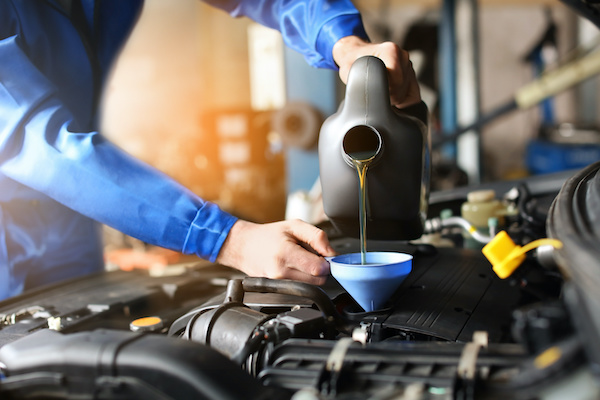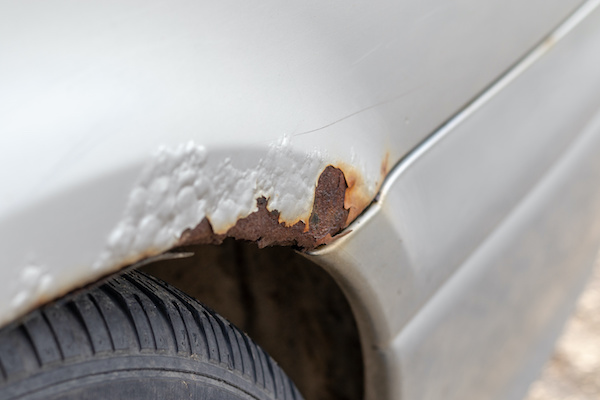Posted on 12/17/2020

Your car's motor oil is vital. It lubricates the engine, making sure the moving parts do not create too much heat. But as the oil breaks down, it becomes less effective in doing its job. For this reason, oil changes are a part of your car's regular maintenance schedule. You may have heard that synthetic oils last longer between changes and are more fuel efficient than conventional oil. It's true. Synthetic oils and blends are highly refined to reduce breakdown of the fluid and increase the stability of the oil. But which oil is actually better for your car really depends on a few factors. Vehicle type Best practice is to always follow the manufacturer's recommendation in regards to oil type. That said, there are some instances where you may want to consider synthetic oil or an oil blend over conventional oil. If your vehicle has over 100,000 miles on it, the older engine may start to experience friction-related issues. A synthetic oil or blend can he ... read more
Posted on 11/29/2020

Finding rust on your vehicle can be downright heartbreaking. Rust feels like a death sentence for your car the moment it starts to accumulate. Rust is created when there is a combination of water, oxygen, and salt build-up on metal surfaces. Rust formation is a simple process, but removing it can prove challenging. For most drivers, their vehicle is a significant investment, and it’s essential to keep them in prime condition. While cars do depreciate over time, there are ways to sustain their health and resale value. Below are a few tips to help prevent rust from attacking your vehicle. Visually inspect your vehicle. Check your vehicle for rust spots in areas that are difficult to see. Grab a flashlight and check under the body molding and trim. Also, look around the antenna, sunroof, wheel wells, and other small crannies. A small amount of rust in these areas can spread and result in more considerable damage. Regularly wash ... read more
Posted on 10/30/2020
.jpeg)
Proper wheel alignment is an essential criterion for keeping your vehicle operating at it optimally. Unfortunately, other maintenance tasks such as oil changes and fluid top-offs can overshadow wheel alignments. It causes them to become overlooked and forgotten. Regardless of their easy fix, drivers may not be aware their vehicle displays poor wheel alignment signs. Below are five signs it may be time to schedule a wheel alignment. Your vehicle pulls to one side. If you're cruising down a straight and level road, your vehicle should continue to drive straight even when you aren't steering. Your car may not go in a completely straight line, but it should not drift too far left or right. If your vehicle veers to one side, it's time to have the alignment inspected. There's abnormal tire wear. Tire wear tells a lot about the health of your vehicle. Automotive experts can use tire wear to determine if tire pressure is off, th ... read more